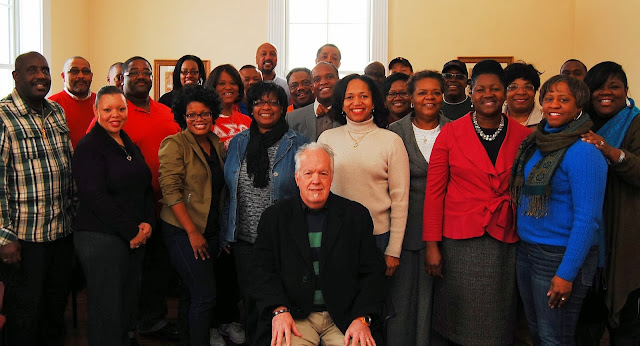(Johnny Lang singing one of my favorite songs, "That Great Day.")
Sunday, March 31
The greatest days of my life so far are...
The greatest holy day of my Jesus-life is Easter Sunday. That's today! As I worship this morning I'll close my eyes and say, for the bazillionth time, "Thank You, God, for rescuing me." It's forty-five years since my rescue. My heart will overflow with gratitude this morning at Redeemer.
The chains of self-hatred and death that bound me have been broken. I'm thinking of Romans 5:12-21. It's about the reign of condemnation and death brought about by Adam's sin, and the grace-gift of righteousness effected by Christ's death and resurrection. In Adam, death reigns. In Christ, grace reigns. Even more than this, we who are in Christ now reign in life.
Sometimes I go to a cemetery to pray. I'm standing in a field of tombstones. Because I am in Christ, I'm also standing in fields of grace (Romans 5:2). In the kingdom of God tombstones don't rule. Grace does. Empty tombs reign in the kingdom of heaven, because one tomb opened 2000 years ago.
Sin produces condemnation. "Condemnation," from the Greek word katakrima, has the root idea of separation or discrimination. Katakrima means: judgment coming down on someone. Because Grace Reigns, there's no more condemnation, no more separation. Grace and mercy are pouring down on me.
You can't out-sin the grace of God or out-fail the mercy of God.
The greatest day in history: one Passover Day around 37 A.D. (That's right.)
That Great Day when sin, condemnation, shame, and death were defeated.
REFLECTION
1. Take time today to thank God for...
- sending Jesus to rescue humanity from sin, condemnation, and death
- rescuing you from sin, condemnation, and death
2. Pray that you may experience and know what it means to "reign in life" through Christ, and by the Holy Spirit.


















